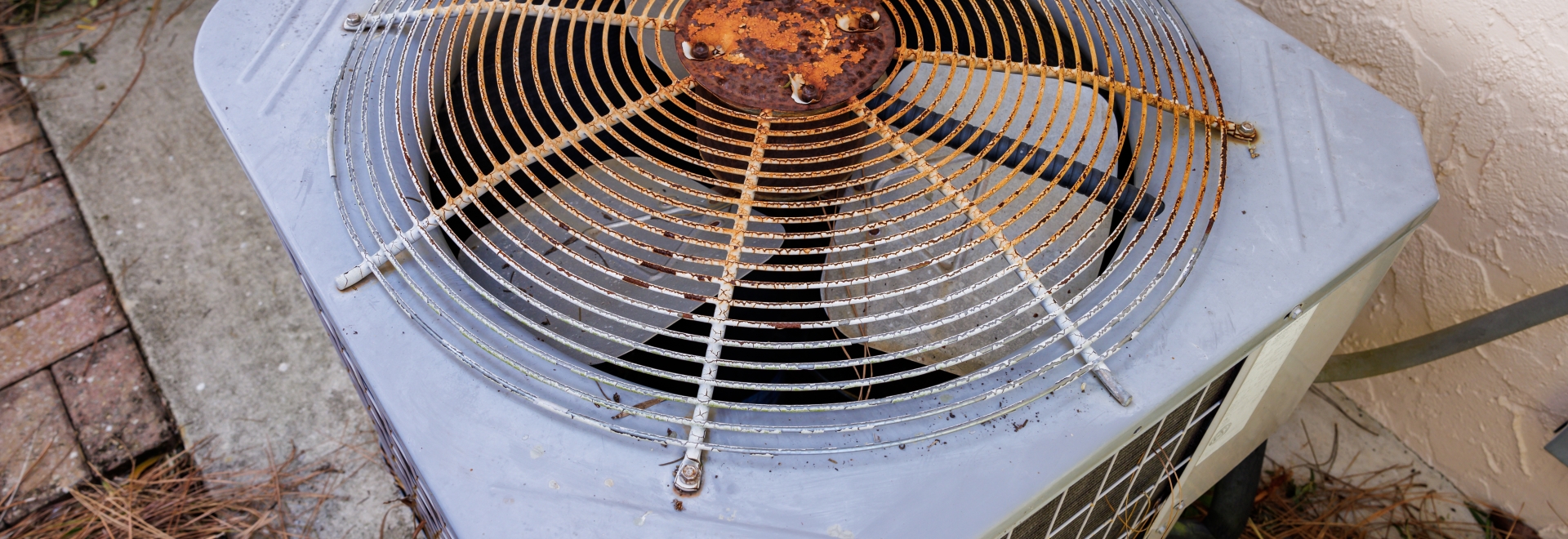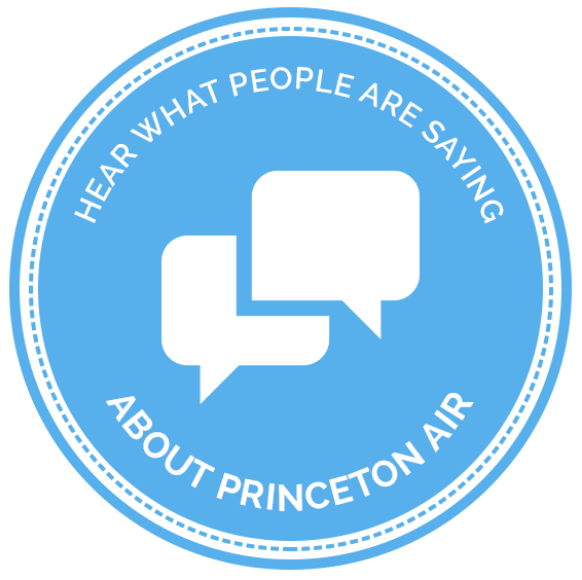
Repairing vs. replacing your heating or cooling system is a common dilemma that many homeowners in New Jersey and Pennsylvania face. For many people, replacing a furnace, boiler, or central AC is the biggest home improvement expense they’ll have to make over their lifetime in a home.
So understandably, you don’t want to put down a lot of money on new HVAC installation if repair will be less expensive. And yet, you also don’t want to pour money down the drain in repair costs that end up only being a band-aid fix. Luckily, Princeton Air is here to help make the decision easier! Here are some of the biggest factors that can help you make the right decision.
#1: How Old is the Equipment You’re Thinking About Replacing?
An easy rule of thumb is that the older your heating or cooling system is, the better HVAC replacement will be. As equipment gets older, it will break down more often and run less and less efficiently. Plus, advancements in heating and cooling technology mean that new systems are likely to have higher efficiency ratings. The older your system is, the more of a noticeable difference upgrading will make.
How well-maintained your equipment is can make a significant difference in how long it will continue to operate well before needing to be replaced, but here are our ballpark numbers for the average system life expectancy, by type of equipment:
-
Air conditioners and heat pumps: 10 to 15 years
-
Furnaces and boilers: 15 to 20 years
-
Geothermal heat pumps: 30 years
#2: Your Utility Bills Keep Going Up and/or Your Home Has Comfort Issues
If you are paying more and more to keep your home comfortable, and you haven’t adjusted your thermostat settings or experienced a major increase in your electricity rates or the cost of fuel, you could be experiencing an HVAC system that’s becoming less and less effective as it ages. Unfortunately, there’s only so much you can do to prevent this—it will eventually happen no matter what!
Luckily, newer systems are much more powerful and efficient, which can help keep those energy bills down without having to deal with a heating or cooling system that is no longer up to the task of keeping you comfortable.
#3: Repair Costs Are More than 50% of the Cost to Replace
This is a rough, back-of-envelope way to determine whether repairing or replacing your system is the better financial decision. If the cooling or heating repair needed is going to be quite expensive, it’s often recommended to replace it instead of continuing to pour more money into an existing (and aging) system.
If it’s less than half of the cost of a new system, then repairing your system may be the best and most cost-effective option.
#4: You’ve Had to Pay for HVAC Repairs More than Twice in the Last Year
Frequency of repairs is another sign that replacing your heating and cooling system may be the better financial decision to make. A system that’s breaking down often is likely to continue to break down, and you’ll end up wishing you had put some of those repair costs towards the price of HVAC replacement.
#5: HVAC Tax Credits, Rebates, and On-Bill-Repayment Financing Make Replacement More Affordable
When you’re weighing the cost between repairing and replacing, make sure you aren’t just using the sticker price of new equipment. There are many heating and cooling incentives available that help homeowners reduce the cost of new heat pump, furnace, or central AC installation, including:
- Up to $2,000 in heat pump tax credits
- Up to $600 in high efficiency furnace or AC tax credits
- Thousands of dollars available through rebate programs run by local NJ & PA utility companies, including PSE&G, Jersey Central Light & Power, Elizabethtown Gas, New Jersey Natural Gas, and PECO
- On-bill-repayment (OBR) financing available through the same utility companies that offer 0% interest and easy payments that are added directly to your monthly bill
- Limited time manufacturer promotions and special offers
There are many incentives available in our service area, and Princeton Air can help you sort them all out to see what is available now and what you qualify for. You can usually combine multiple incentives, stacking your total savings and closing the gap between your repair costs and the price to upgrade to a new system entirely.
Last But Not Least: Talk to a Qualified Local HVAC Professional
A trusted heating and cooling professional will be able to inspect your system and give you trustworthy advice about your different options. We know that home repairs like these can be stressful, but at Princeton Air, our NATE-certified technicians treat your home and the systems in it just like they would their own! There’s a reason why we’ve been the local HVAC experts for more than 50 years.
